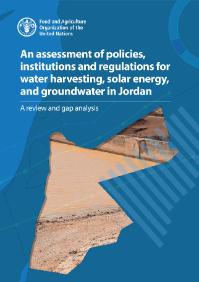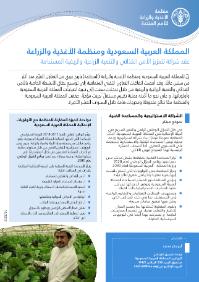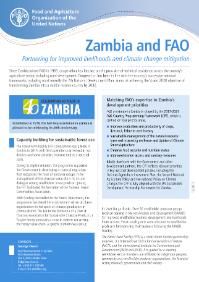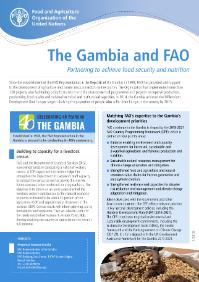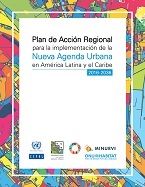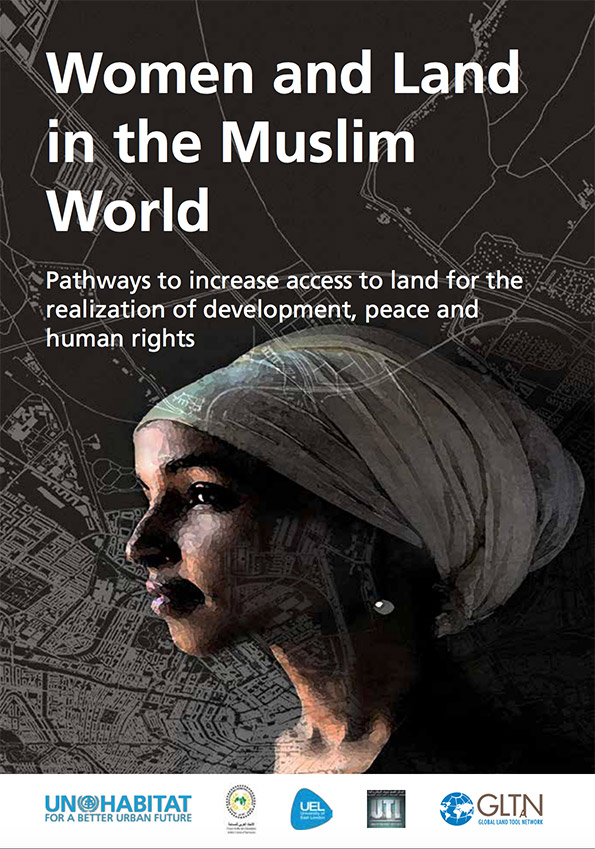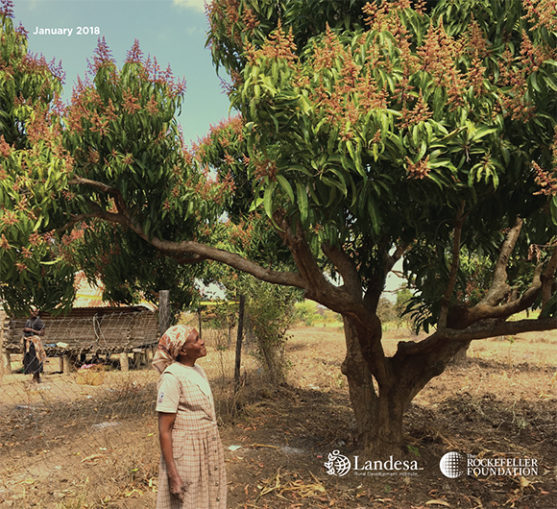Barbados and FAO
For 40 years, FAO has been an important partner in Barbados’ drive to achieve its agricultural and rural development
priorities, including natural resource management and climate change adaptation. During this time, FAO has providedcritical technical and financial support, and mobilized international partners in the process. Key outcomes include the

